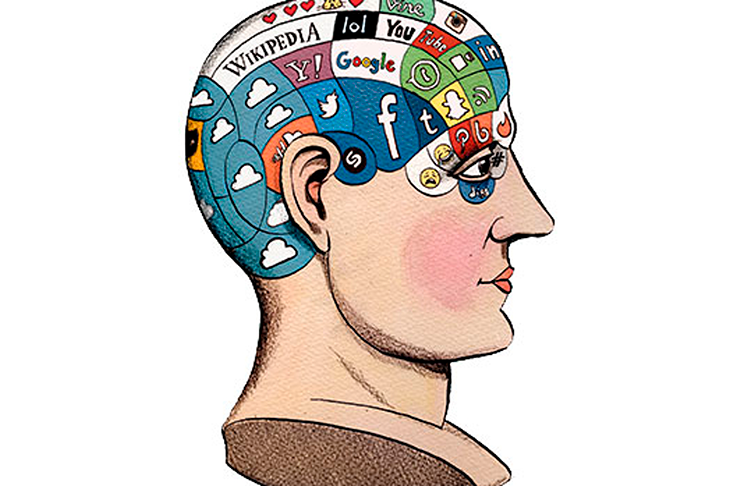Experts tell us that we are facing a mental health ‘time bomb’ in the UK, partly as a consequence of Covid restrictions and partly because we have a Conservative government which has as its apparent main priority a malevolent desire to see people go insane and, hopefully, kill themselves. I am paraphrasing the experts here, all of whom hate the Tories and want more money spent on their area of expertise, i.e.
Already a subscriber? Log in
Subscribe for just $2 a week
Try a month of The Spectator Australia absolutely free and without commitment. Not only that but – if you choose to continue – you’ll pay just $2 a week for your first year.
- Unlimited access to spectator.com.au and app
- The weekly edition on the Spectator Australia app
- Spectator podcasts and newsletters
- Full access to spectator.co.uk
Or
Unlock this article
You might disagree with half of it, but you’ll enjoy reading all of it. Try your first month for free, then just $2 a week for the remainder of your first year.















Comments
Don't miss out
Join the conversation with other Spectator Australia readers. Subscribe to leave a comment.
SUBSCRIBEAlready a subscriber? Log in